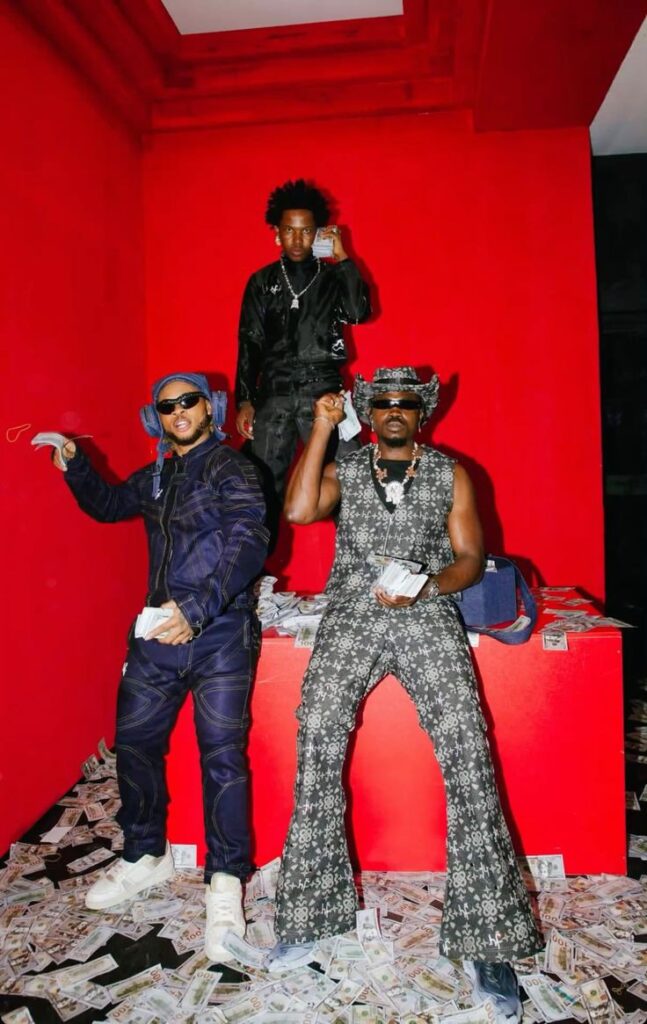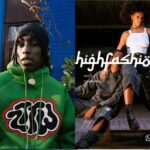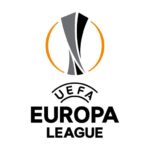The Price of Nigerian streetwear style – Zlatan’s ZTTW, Rahman Jago’s High Fashion, and the Streetwear controversies
In Part 1, we traced the vibrant rise of Nigerian streetwear from Severe Nature’s origins to Ashluxe’s global debut at Paris Fashion Week. We looked into how streetwear has evolved into a cultural language for Nigerian youth, heavily influenced by music, individuality, and more bold individuality. We therefore investigated Zlatan Ibile’s journey from being unable to afford “carrot jeans” to owning a clothing store and discovered that the dream of streetwear comes at a high cost. And for many Nigerians, these brands remain out of reach due to their high cost, which is quite concerning.
Part 2 will go deeper into Zlatan’s Zanku To The World (ZTTW) and Rahman Jago’s High Fashion, with a focus on streetwear, explaining why streetwear costs what it does, why Nigerian youths are launching their own clothing brands, and the complex world of “original fakes” versus “fake fakes.” Therefore prepare for a raw look at style, culture, and the hustle that propels Nigeria’s streetwear scene, complete with Trendybuzzes.
Zlatan’s Zanku To The World (ZTTW)

ZTTW, an abbreviation for “Zanku To The World,” is a Nigerian fashion label founded by rapper Zlatan Ibile on May 19, 2024. On May 25, 2024, the walk-in store in Lagos was officially opened. The brand debuted with a collection of jerseys and” ready to wear” T-shirts that pushed the boundaries of traditional fashion while capturing Zlatan’s energetic style and patterns.
The brand is known for its bold patterns and urban aesthetic, which appeal to Nigerian youth and Afrobeats fans worldwide. Zlatan’s vision emphasizes authenticity, with the goal of redefining streetwear by combining music and fashion. The brand’s strategic use of social media, combined with Zlatan’s influence as a trendsetter, has established ZTTW as a rising force poised to set new fashion trends.
However, within hours of its release, there were counterfeits released in the market, especially the “Aba made” because the prices of the originals could not be afforded by the majority of the market, highlighting the problem of cost in Nigeria. (The price of ZTTW)

And how lacking intellectual property protection is in Nigeria’s fashion scene, and how these counterfeits compete with original products in the case where they produce “fake fakes” that are the cheapest and of lower quality than original fakes that are still affordable to the “middle class” but not the original because the original is for the top 5% of the rich population. According to research, Zlatan initially invested 237 million Naira in the brand, which increased the buzz.
Rahman Jago’s High Fashion (HF)

Having modelled for popular fashion brands worldwide, “Hey Jago” also launched his luxury fashion brand called ‘High Fashion’ in 2019. Since then, the brand has become a known name in the Nigerian fashion scene and among celebrities.
‘HF’ is a Nigerian street wear brand that blends luxury aesthetics with urban, streetlike designs, it is known for its logo-based designs and seasonal collections. It caters to clients seeking high-end elegance and casual comfort.
The brand, launched significantly in 2022, gaining mainstream popularity and positions itself as a luxury brand, like the “FREE THUGGA T-SHIRT” and “PRETTY N PINK FREESTYLE SWIM SET” at $45 each in a country where the minimum wage is around $42

Celebrities such as Burna Boy, who is close to Rahman Jago, wear custom High Fashion outfits alongside Poco Lee
(Poco Lee released a song praising Rahman Jago on his birthday, with Shoday, titled ‘Hey Jago’)
He is the brand’s first ambassador since 2020, and even WizKids endorses the brand.
When it comes to fakes and brand identity, Jago is fiercely protective of his brand’s authenticity, publicly calling out Oritse Femi in 2024 and Youngi Duu in 2023 for wearing “fakes,” earning praise for integrity but criticism for his tactics.
Why are the prices of these streetwear’s high?
Celebrity Branding: For example, Zlatan’s and Rahman Jago’s involvement in the sale of their products will add a premium touch to the branding, as fans will pay more for merchandise tied to their brand as a whole and persona.
Limited Editions of these Pieces: Scarcity often drives demand and it allows higher markups.
Market Dynamics: In the Nigerian market , where counterfeiting is the order of the day, authentic branded items often carry a higher price to signal quality and originality to potential buyers.
Retail Experience: Most of them have stores in Lekki and the upscale store in Lekki suggests a focus on luxury shopping experience, which increases costs which will be passed on to consumers.
In conclusion
Zlatan’s ZTTW and Rahman Jago’s High Fashion capture the true hustle and pride of Nigerian streetwear, but their exorbitant prices, driven by celebrity branding, limited editions, market dynamics, and premium retail, have priced them out of the streets that inspired them. Even though most youths now have clothing brands from just printing names of shirts and slapping hot prices on them, they aim to make fortunes by selling these high priced streetwears as well.
The gap can be bridged, and brands could offer tiered pricing: premium items for the masses while remaining affordable and high-quality. They can collaborate with Aba’s artisans to create licensed, low-cost versions of the controversies surrounding global brands such as Nike, Gucci, and Palm Angels, which could reduce “very low quality fakes” while boosting the economy.
Leveraging e-commerce and social media can reduce costs, making authentic designs more accessible, such as a ZTTW, HF, or even an Ashluxe T-shirt released on Instagram Live. The country could enact stronger intellectual property laws to protect brand integrity by balancing aspiration with accessibility. Nigerian streetwear can then afford the clothes it craves from the streets, keeping the hustle inclusive and the style universal, trendy, and buzzing.



